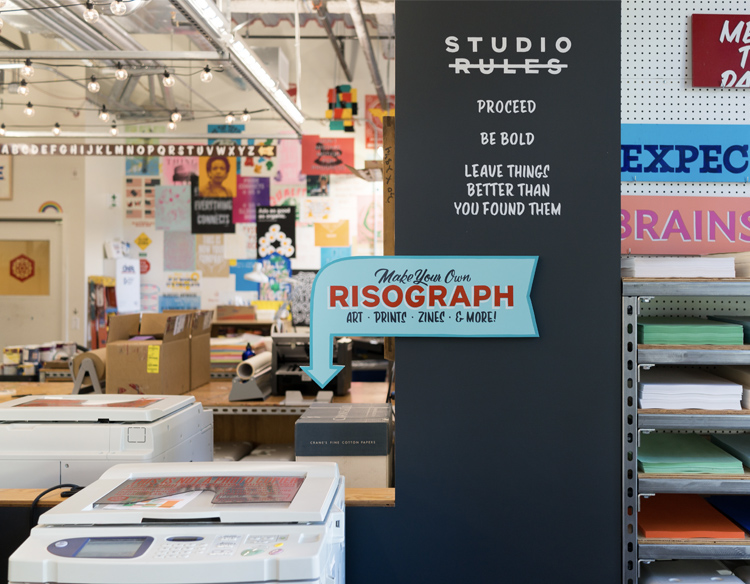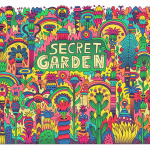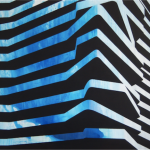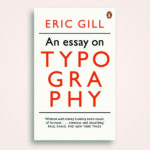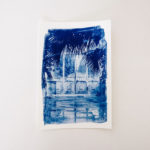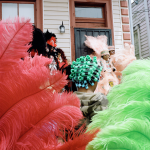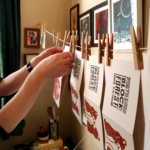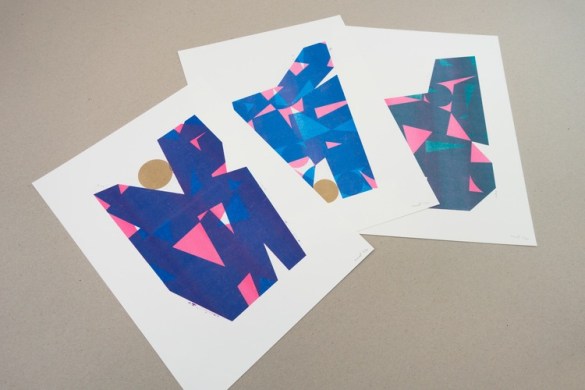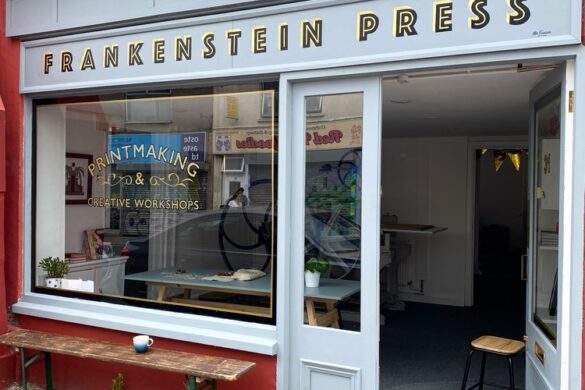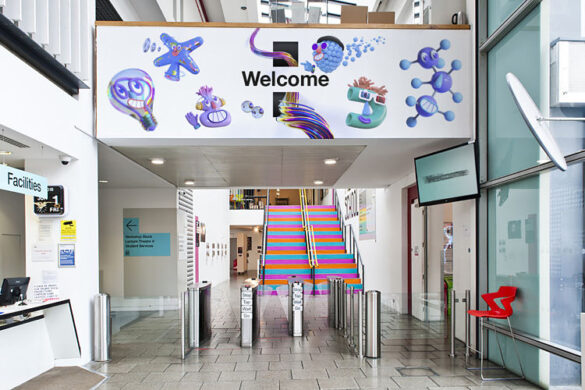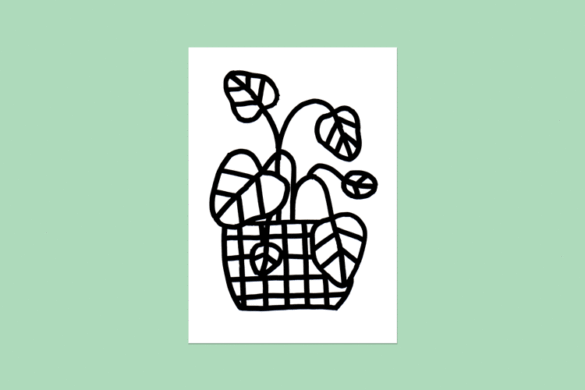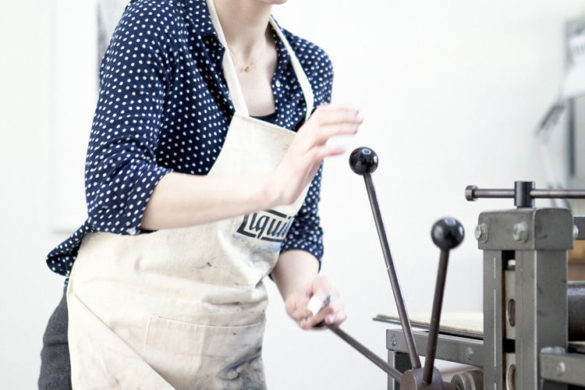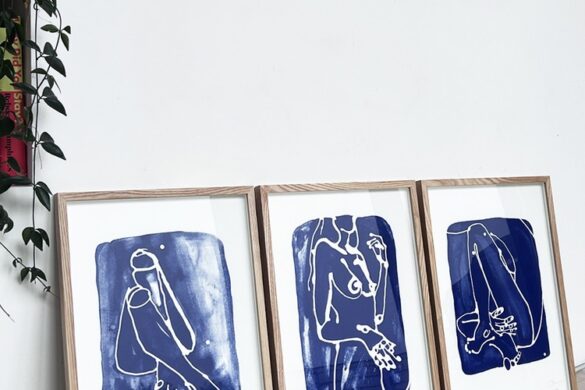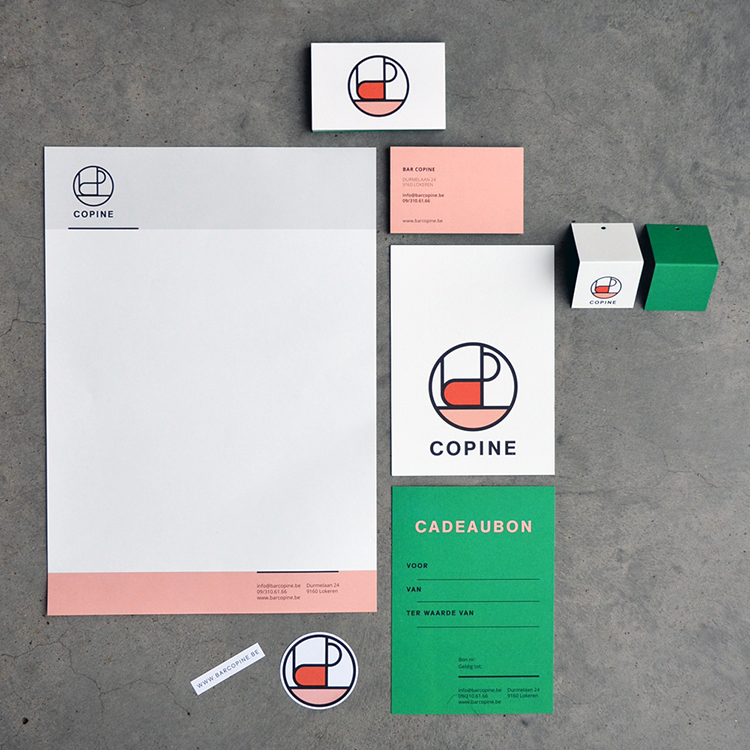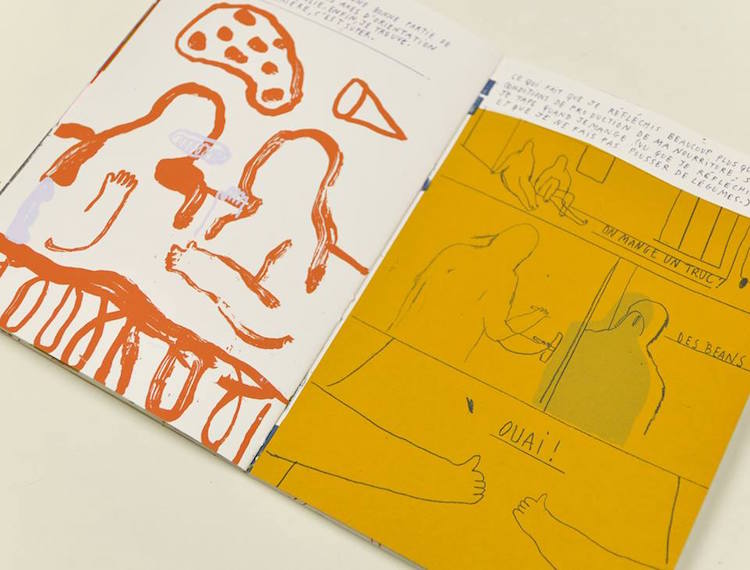Since 2010, the Analog Research Lab at Facebook has been a repose from the screen and rooted in culture, creativity, design, and print. Ideologically, its existence reflects an antidote to the company’s digital nature while also acting as a means for meaningful and timely questions and ideas to become part of the physical environment inside Facebook workplaces around the globe. New People of Print Member Analogue Lab, and despite humble beginnings as the side-project of a pair of communication designers, today it represents an essential critical lens, amplifier, and mirror of the company’s consciousness and values. It’s no simple print shop — mixing elements of social good with a unique take on in-house design and scalable production.
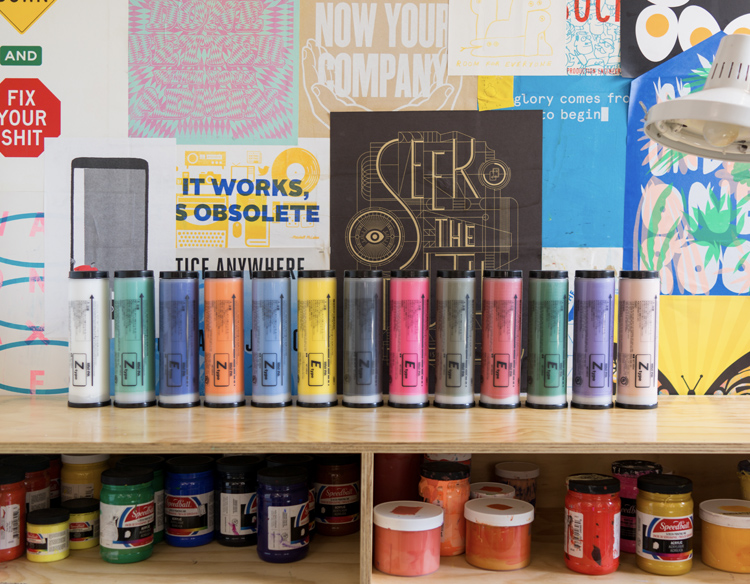 The Analog Lab has proven it’s worth leading by example — through initiative, hard work, and by making things. Today its presence reaches to every corner of Facebook around the globe through connected creative studios in Menlo Park, New York, Dublin, Seattle, London, Austin, Chicago, Singapore, and Tel Aviv, though these are seldom visible or accessible to the general public.
The Analog Lab has proven it’s worth leading by example — through initiative, hard work, and by making things. Today its presence reaches to every corner of Facebook around the globe through connected creative studios in Menlo Park, New York, Dublin, Seattle, London, Austin, Chicago, Singapore, and Tel Aviv, though these are seldom visible or accessible to the general public.
In tandem with original design projects originating in the Analog Lab, embedded invitation-based Artist and Designer in Residence programs offer opportunities for diverse voices to develop projects alongside employees at Facebook, further lifting the curtain on creative printmaking, graphic design, and art making. On principle, the output of the Analog Lab is built on humble, accessible, egalitarian stencil-based production processes such as silkscreen, and Risograph printing, but also includes letterpress and traditional sign painting.
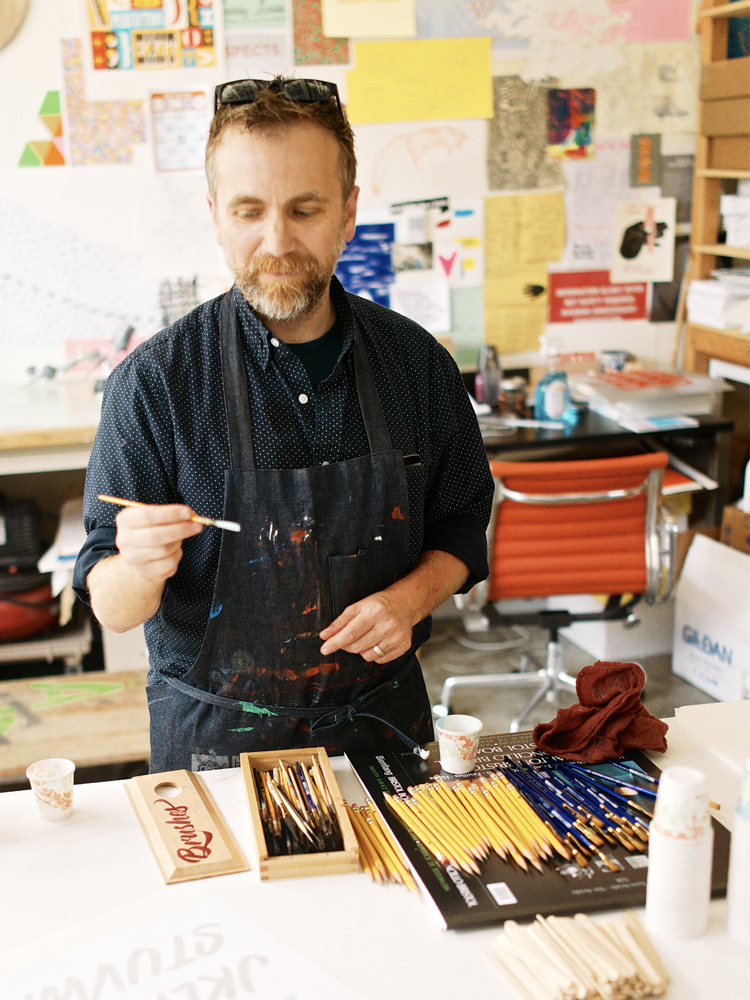 Involving others outside the Analog Lab in this work through ongoing workshops and artist-led programming invites learning, problem-solving, and serendipitous mistakes that often lead to unexpected and beautiful outcomes. “People see and intrinsically feel the value of things made by humans, rather than things just spit out by a machine somewhere. It helps them appreciate even more of what they encounter in our environments every day when they understand how this work was created.”
Involving others outside the Analog Lab in this work through ongoing workshops and artist-led programming invites learning, problem-solving, and serendipitous mistakes that often lead to unexpected and beautiful outcomes. “People see and intrinsically feel the value of things made by humans, rather than things just spit out by a machine somewhere. It helps them appreciate even more of what they encounter in our environments every day when they understand how this work was created.”
The nature of the work also influences its effects. “Introducing ideas on a poster, in a book or zine, or as part of a large-scale installation into environments affect people in a very different way than seeing the same messages on a small screen. They’re received, spread, and become part of the culture differently than through other mediums.” These interventions challenge, shape, and transform the traditional corporate milieu while also making geographically disparate environments more connected and cohesive.
Despite a common underlying thread that connects the purpose of the Analog Lab and the work that is created inside its walls, it remains mutable — an idea formalized more by how things are created than by what is made.
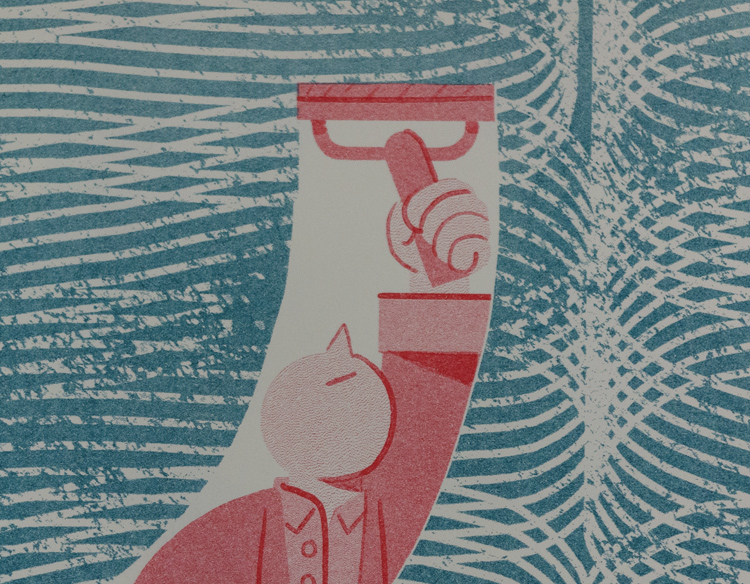 What to be a People of Print Member? Apply HERE.
What to be a People of Print Member? Apply HERE.
You might like...
- Posterzine™ Issue 46 | Marylou Faure - September 16, 2019
- Posterzine™ Issue 45 | Mojoko - September 13, 2019
- Posterzine™ | Karl Grandin - August 21, 2019

